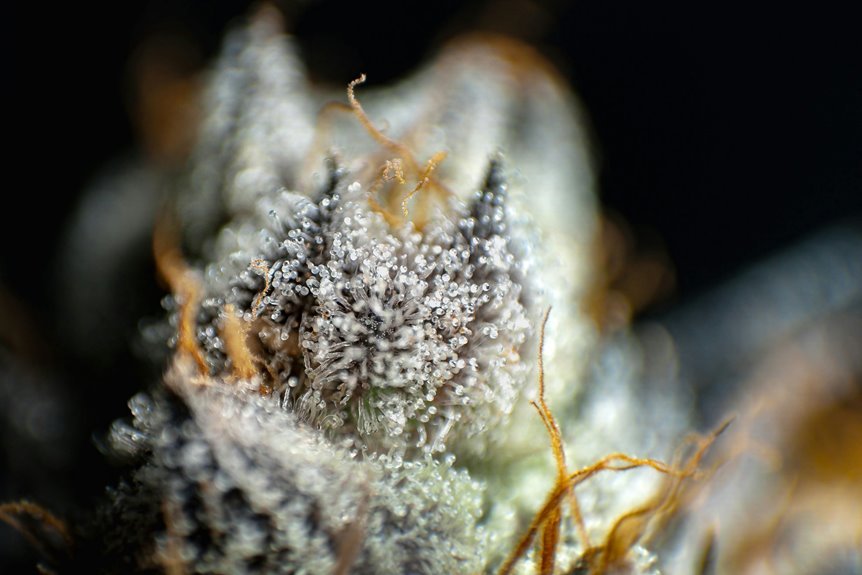CBD and THC are two prominent compounds found in cannabis, each with unique characteristics and effects. CBD is known for its therapeutic benefits, providing relief from pain and anxiety without producing a high. In contrast, THC is psychoactive, delivering intoxicating effects that can enhance mood. Understanding these differences is crucial for individuals considering their options. What factors should one consider when choosing between these two compounds?
Understanding CBD: Properties and Benefits
Although cannabidiol (CBD) is derived from the cannabis plant, it is distinct from its more famous counterpart, THC, due to its non-psychoactive properties.
CBD applications range from pain relief to anxiety reduction, appealing to those seeking natural alternatives.
Proper CBD dosage varies based on individual needs, emphasizing the importance of informed choices for those pursuing wellness and freedom in their health decisions.
Understanding THC: Properties and Benefits
Tetrahydrocannabinol (THC) is the psychoactive component of cannabis, responsible for the intoxicating effects commonly associated with marijuana use.
Beyond its recreational appeal, THC offers various medicinal uses, including pain relief, appetite stimulation, and reduction of nausea.
Its psychoactive effects can enhance mood and provide relaxation, making it a valuable option for those seeking both therapeutic benefits and a sense of freedom in their experiences.
Legal Status of CBD and THC
While the legal status of cannabis products can vary significantly, CBD and THC are subject to different regulations across many jurisdictions.
CBD legality has generally become more accepted, particularly following the 2018 Farm Bill in the U.S.
In contrast, THC regulations remain stricter, with many areas prohibiting its use or possession.
Understanding these distinctions is crucial for consumers navigating the evolving cannabis landscape.
Choosing Between CBD and THC: Considerations and Recommendations
When considering whether to choose CBD or THC, individuals must weigh various factors such as intended use, legal implications, and personal health goals.
Dosage considerations play a significant role in this decision, as individual reactions can vary.
Personal preferences regarding psychoactive effects will also influence the choice.
Ultimately, understanding these elements ensures informed decisions that align with one's lifestyle and wellness objectives.
Conclusion
In summary, CBD and THC offer distinct benefits and experiences for users, with CBD being favored for its non-psychoactive therapeutic properties and THC for its euphoric effects. Notably, a 2021 survey revealed that 64% of CBD users reported using it for pain relief, highlighting its popularity in therapeutic applications. As legal regulations continue to evolve, individuals must carefully consider their health goals and preferences when deciding between these two compounds.





 Does Cbd Affect Driving
Does Cbd Affect Driving